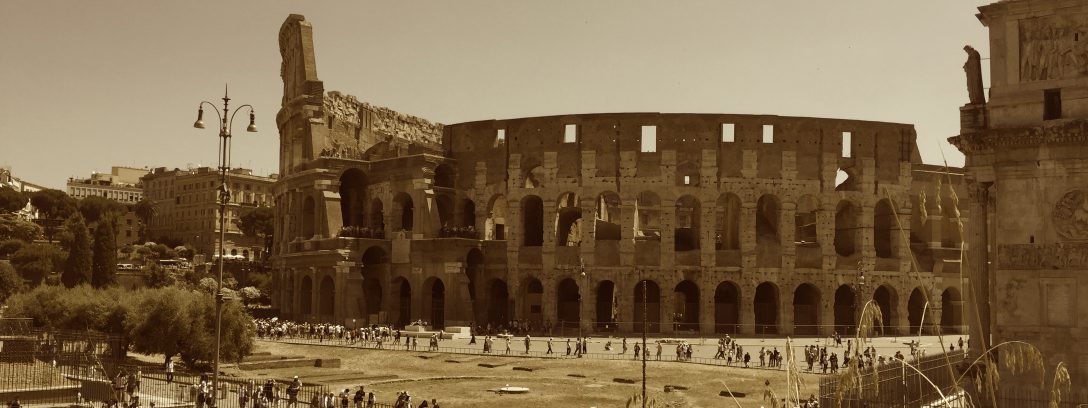… semivolucre. Pegasus, ut dicit Plinius, animal magnum, et horrendum est in Ethiopia. Equi formam habet, alas ut aquila sed multo maiores, caput armatum cornibus et adeo monstruosum, ut ipso cuncta fere animantia terreat. Cum ipso gravi corpore fuga mirabili alarum remigio adiuti potius currunt quam pervolant et colliso aere virtute pennarum ad instar turbinis impellunt ventos. Multas escas devorant, inquiete moventur, infesti sunt animalibus, et hoc maxime homini.
- Translation
- Vocabulary
- Notes
Concerning the sometimes-flying pegasus. The pegasus, as Pliny says, is a large and fearsome animal in Ethiopia. It has the form of a horse, wings like an eagle, but much larger, the head equipped with horns and it is truly monstrous, such that almost all living things are scared of it. They, aided in their flight by a wondrous rowing of wings, they run rather than fly and having struck the air with the power of the wings, drive the wind to the image of a tornado. They devour many foods, they are moved by restlessness, they are unsafe for animals, and the most unsafe for humankind.
adiuto, adiutare, aduitavi, adiutatatus 1 help; aid
aer, is m air
ala, ae f. wing
animans, animantis adj. living
aquila, ae f. eagle
armatus, a, um adj. armed; equipped
collido, collidere, -collisi, collisus 3 strike; smash; crash
cornu, us n. horn
devoro, devorare, devoravi, devoratus 1 devour; gulp down; consume
esca, ae f. food; dish
horrendus, a, um adj. horrendus; horrible; fearsome
impello, impellere, impuli, impulsus 3 drive; push
infestus, a, um adj. unsafe; dangerous
inquies, inquietis adj. restless
instar n. (undecl.) image; likeness; appearance
mirabilis, is, e adj. miraculous; wonderful
monstruosus, a, um adj. monstrous
pegasus, -i (m): winged horse that sprang from the blood of Medusa (move to notes)
penna, ae f. wing; feather
pervolo, pervolare, pervolavi, pervolatus 1 fly
potius adv. rather
remigio, remigare, remigavi, remigatus 1 row; beat
terreo, terrere, terrui, territus 2 scare; frighten
turbo, turbinis m. whirlwind; tornado; storm
volucer, volucris m. bird
GRAMMATICAL CONSTRUCTIONS:
multo maiores: ablative of comparison, “but much larger”
ut…terreat: result clause, “such that almost all living things are scared of it”
adiuti: perfect passive participle, “aided by the miraculous beating of wings”
mirabili alarum remigio: ablative of manner, “the miraculous beating of wings”
potius currunt quam pervolant: “they run rather than fly”
colliso: perfect passive participle, “having struck the air”
virtute pennarum: ablative of manner, “with the power of the wings”
ad instar turbinis: ablative of manner, “drive the wind to the image of a tornado”
inquiete: ablative of agent, “moved by restlessness”
hoc maxime homini: “most unsafe for humankind”
OTHER SPECIAL NOTES:
Plinius: a reference to the historical Pliny, a Roman author and historian popularly known for his work Naturalis Historia, or The Natural History, that described natural scientific observations ranging from the account of seas and lands to descriptions of wild animals such as the Pegasus.
Ethiopia: considered an exotic place for the Romans. Pliny in his writings of The Natural History describes in chapter 87, In What Places the Sea has Receded: “Indeed…the sea came beyond Memphis, as far as the mountains of Ethiopia…” (Pliny as translated by Karl Friedrich Theodor Mayhoff, 1906).
REFERENCES:
Bostock, John. Pliny the Elder, The Natural History. Perseus Digital Library. Tufts University, March 7th, 2016.
